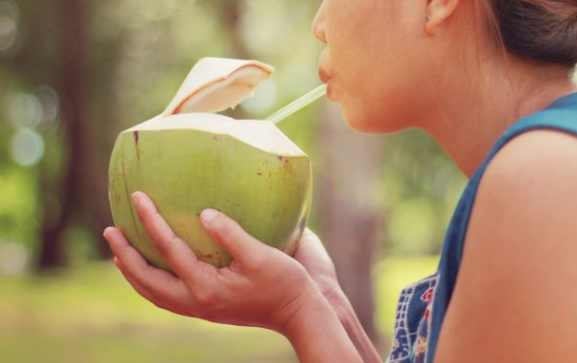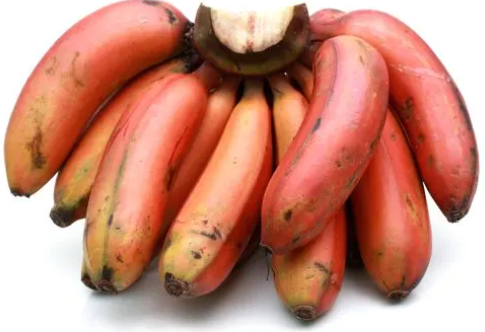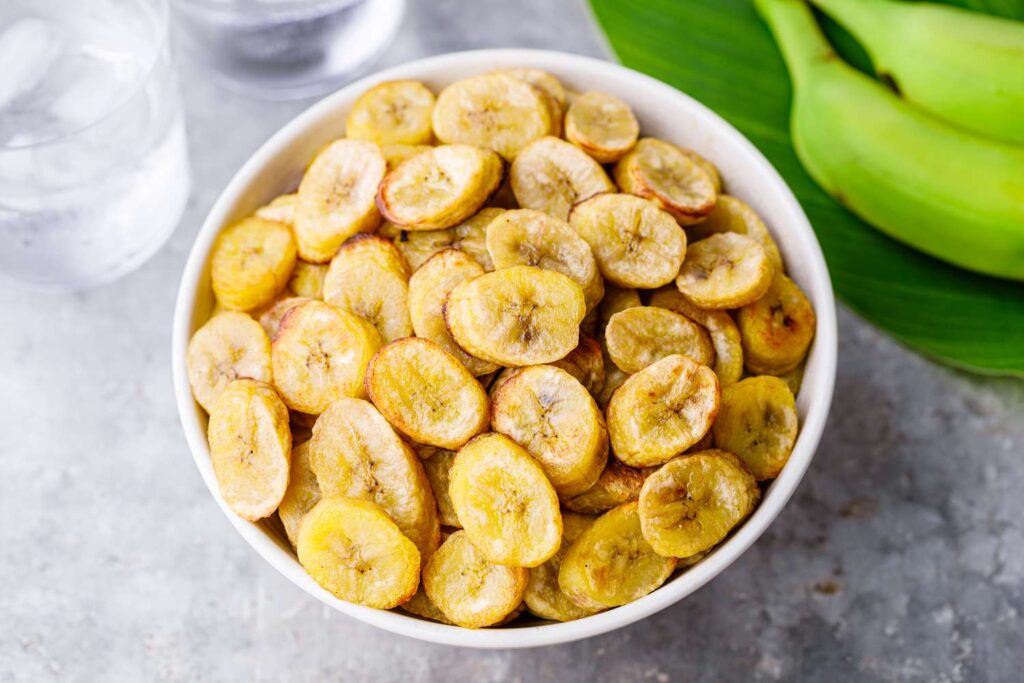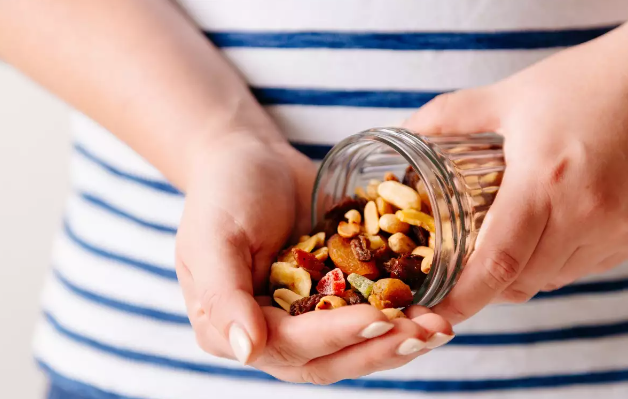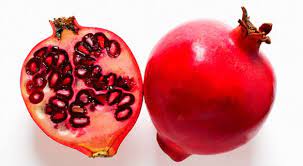Many people love mangoes for their sweet flavor and creamy texture. Yet, some folks get diarrhea after eating them. Let’s find out: do mangoes actually cause diarrhea?
Table of Contents
- Why Mangoes Might Cause Diarrhea
- 1. Lots of Fiber
- 2. Fructose Malabsorption
- 3. Dirty Fruit
- 4. Body Reaction
- Other Things That Might Cause Diarrhea
- 5. Belly Problems
- 6. The Rest of Your Meal
- 7. Eating Too Much
- Tips to Avoid Diarrhea When Eating Mangoes
- 1. Small Steps
- 2. Watch Other Fiber Foods
- 3. Choose Good Mangoes
- 4. Clean and Safe Cutting
- The Bottom Line
Why Mangoes Might Cause Diarrhea
Certain things about mangoes can make them cause diarrhea for some people:
1. Lots of Fiber
Mangoes have a good amount of fiber—around 2-3 grams for every 100 grams. Fiber is great for your stomach, but if you eat it more all of a sudden, it might make you bloated, give you gas, or cause watery poop until your body gets used to it.
2. Fructose Malabsorption
Mangoes are sweet because they have a sugar called fructose. Some people have trouble absorbing this sugar, and when they eat a lot of it, they get diarrhea. This problem is called fructose malabsorption.
3. Dirty Fruit
If mangoes aren’t handled safely, they can pick up germs and make you sick with diarrhea. Washing and preparing mangoes carefully can help you avoid this.
4. Body Reaction
Some individuals might be sensitive or allergic to mangoes. This allergy can lead to diarrhea when they eat mangoes. To check for an allergy, you can get a test.
Other Things That Might Cause Diarrhea
There are other things besides mangoes that could lead to diarrhea:
5. Belly Problems
People with stuff like IBS, IBD, or lactose intolerance might find that mangoes make their symptoms worse and cause diarrhea.
6. The Rest of Your Meal
It could be something else you ate—like dairy, spicy foods, fats, or some veggies—that’s actually causing your diarrhea, not the mangoes.
7. Eating Too Much
If you eat too much of anything, your stomach might not be happy. Eating mangoes in moderation can help you avoid diarrhea.
Tips to Avoid Diarrhea When Eating Mangoes
If mangoes give you diarrhea, here’s what you can do to prevent it:
1. Small Steps
Start with a little piece of mango and see how you feel. If it’s fine, eat a bit more next time.
2. Watch Other Fiber Foods
Don’t eat too many high-fiber foods with your mango so you don’t overdo it.
3. Choose Good Mangoes
Eat mangoes that are ripe and don’t have any bad spots. They’re easier on your belly.
4. Clean and Safe Cutting
Make sure to wash your mangoes well. Then use a clean knife and board to cut them.
The Bottom Line
For most folks, mangoes are a great food to eat without problems. But, if you’re someone who tends to get diarrhea from them, be mindful of how much you eat and how you prepare them. Also, think about what else you’re eating and your own health. With a little care, you can enjoy the yummy taste of tropical mangoes without trouble.
Even though mangoes are yummy and good for you, they have things like fiber and fructose that may cause diarrhea for some people, especially if they eat too much. But if you’re careful about how much you eat, pick your mangoes well, keep them clean, and start slow, you can dodge the diarrhea and enjoy your fruit.

